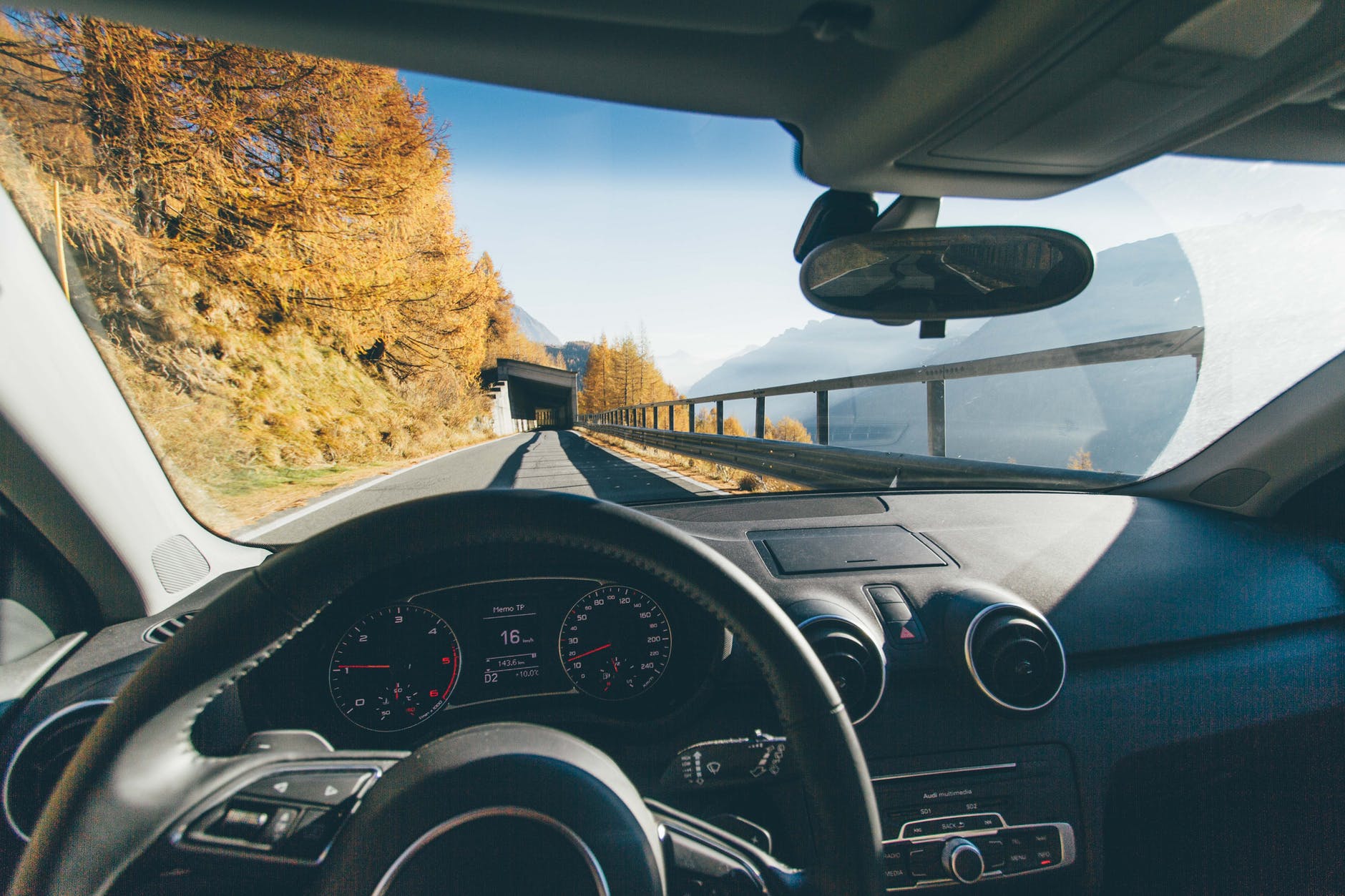How Driverless Cars Will Affect Young People
From the Batmobile to Herbie, autonomous cars have held the world in thrall for decades. The idea of a car with its own mind can be both exhilarating and terrifying, but the reality of driverless cars is slightly less exciting. With autonomous vehicles coming closer and closer to becoming an everyday phenomenon, it is necessary to ask what kind of future they promise. How would the advent of driverless cars affect young people?
Today’s upcoming driverless car won’t go on its own joyrides despite the wishes of the person inside it, but it will get you where you need to without the hassle of navigating there yourself. The initial consensus appears to be that driverless cars would usher in an era of cost and time efficiency like never before.
For people who enjoy using morning commute as a time to get work done, or for the sleep-deprived student, just a chance to catch up on sleep, driverless cars may be the answer. Public transport isn’t convenient for everyone, and being able to get driven to work without rushing into a crowded metro is incredibly appealing. It also gives you the chance to finish eating breakfast in the car or do your hair without worrying about running late.
In today’s rat race, young people work harder than ever to stay ahead, and any moment you can get to yourself is priceless, and with driverless cars, your morning commute can give you that much-needed breathing space. However, there is also the fear that the already debilitating working hours, might end up cutting into commute as well. If your job starts at 9 am, why not make it at 8 am so you can work from your car? An already precarious work-life balance might spiral completely out of control, especially for students and entry-level workers.
In the future, road rage and the accidents that occur as a consequence would be completely obliterated, and roads would automatically become a much safer space. Human error is possible, but cars programmed to adhere to traffic regulations make very few mistakes. They may not be adaptable to road conditions, but with enough programming, the chance for errors become negligible. For young people especially, going out would become a lot safer process. There would be no need to rely on taxis or have a designated sober driver. It would save a lot of money, and it would bring down drunken accidents as well.
On the flip side, however, is the cultural loss our society as a whole might face because of this. Over the years, driving has decidedly become a rite of passage. Earning your license was a mark of pride and a sign of freedom with responsibility. Learning how to drive was considered freeing, and gave a sense of independence. It was a life skill considered essential to the transition to adulthood. Older generations still firmly hold on to the belief that nothing teaches you caution, patience, and responsibility like learning how to drive.
For the younger generation, however, driving can be considered a hassle. With a wide range of public transport systems and applications like Lyft and Uber, driving is slowly turning into a relic from a forgotten age. So for a generation that has already given up on driving, the move to self-driving cars may well be effortless.
Self-driving cars are the future. They possess the technology to make congestion a thing of the past and not finding a parking spot no longer an issue. In all regards young people, seem to be on the way to embrace them with wide arms. After all, deep down, everyone has all wanted their own Batmobile!

